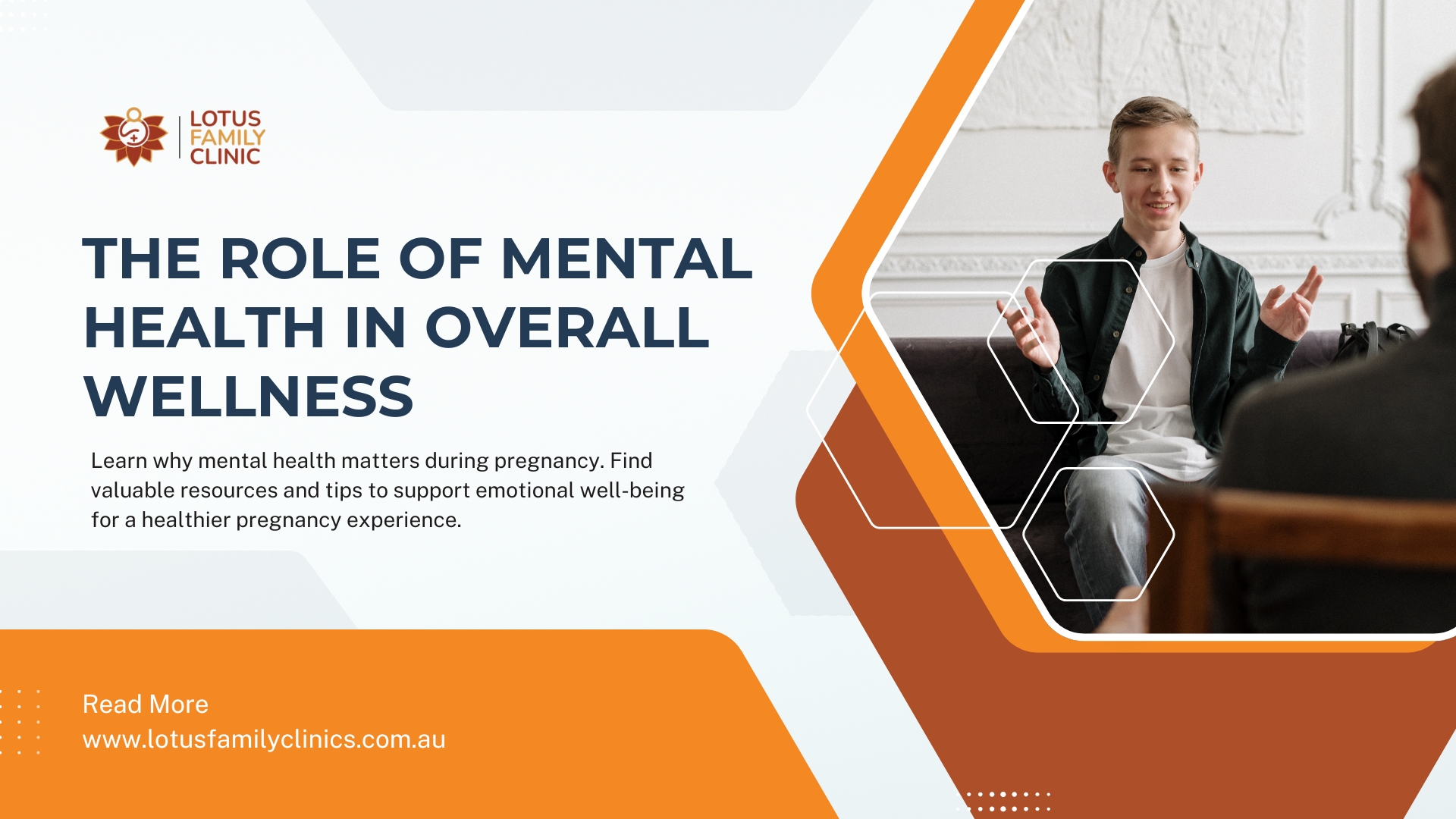How Do STDs Affect Mental Health and Well-Being?

Strong 8k brings an ultra-HD IPTV experience to your living room and your pocket.
Sexually transmitted diseases (STDs) are a serious health concern, affecting millions of people worldwide. While the physical symptoms of STDs can be concerning, their impact on mental health and overall well-being is equally significant. The psychological toll of living with an STD can affect a person’s self-esteem, emotional state, and ability to maintain healthy relationships. In this article, we explore how STDs influence mental health and the ways doctors can help individuals cope with these challenges. We’ll also briefly touch on the situation regarding STDs in Dubai to provide a regional perspective.
Psychological Impact of STDs
The emotional and psychological effects of an STD diagnosis can vary from person to person, but the impact is often profound. Individuals may experience a range of emotions, including guilt, shame, anxiety, and depression. The stigma associated with STDs can exacerbate these feelings, making individuals reluctant to seek help or discuss their condition openly. For many, the fear of rejection from partners or societal judgment can lead to isolation and a decline in mental well-being.
Furthermore, the anxiety of living with an STD can lead to persistent worry about transmission, long-term health effects, and concerns about treatment. This constant stress can trigger mental health issues like depression or heightened levels of anxiety, creating a cycle that can be hard to break. In severe cases, individuals may even experience post-traumatic stress disorder (PTSD), especially if the STD diagnosis follows a traumatic experience such as sexual assault.
The Role of Doctors in Mental Health Support
When a person is diagnosed with an STD, it’s essential that they not only receive appropriate medical treatment for the disease but also psychological support. Doctors play a crucial role in helping patients manage the mental health consequences of an STD diagnosis. Healthcare providers are trained to assess both the physical and emotional impact of STDs on their patients.
Doctors can provide counseling or refer patients to mental health professionals who specialize in dealing with the emotional distress caused by STDs. They also offer guidance on how to cope with the diagnosis, help set realistic expectations for treatment, and reassure patients that with the right care, they can lead fulfilling lives. Doctors can also help patients address the stigma associated with STDs by fostering an open and non-judgmental environment during consultations, encouraging individuals to feel comfortable sharing their concerns.
Moreover, by discussing the importance of maintaining healthy relationships and addressing any sexual health concerns, doctors help reduce anxiety related to transmission and encourage patients to engage in safe practices moving forward. As a result, medical professionals can alleviate some of the emotional burdens that come with an STD diagnosis.
Benefits of Seeking Medical Help for STDs
Seeking prompt medical care for STDs provides several benefits, including:
Early Detection: Early diagnosis and treatment can reduce the physical and mental burden of an STD.
Emotional Support: Doctors can provide resources and referrals to mental health specialists who help patients deal with anxiety and stress related to STDs.
Long-Term Health: Proper treatment can help prevent long-term health issues that might otherwise worsen and contribute to further mental strain.
STDs in Dubai: Addressing Mental Health Needs
In regions like Dubai, where there is a cultural sensitivity around sexual health, seeking help for mental health issues related to STDs can be particularly challenging. However, many healthcare professionals in Dubai are aware of the psychological effects STDs can have and are trained to offer confidential care and emotional support. In such cases, a supportive doctor-patient relationship is essential in helping individuals navigate both the physical and emotional aspects of their condition.
Social Isolation and Relationship Challenges
The emotional and psychological effects of STDs often extend into a person’s social life, creating challenges in maintaining relationships and social connections. Fear of rejection or judgment can cause individuals to withdraw from family, friends, and romantic partners, leading to a sense of social isolation. In some cases, the impact on relationships can be particularly significant, as individuals may struggle with discussing their condition with their partner or might experience guilt for potentially transmitting the infection. The anxiety surrounding these interactions can contribute to depression and a diminished sense of self-worth, as individuals feel disconnected from their support system. This social isolation can further exacerbate mental health challenges and negatively affect a person’s emotional resilience.
Overcoming the Stigma of STDs
One of the major barriers to seeking help for both the physical and psychological effects of STDs is the stigma surrounding these conditions. Many people with STDs feel embarrassed or ashamed, and this internalized stigma can make it difficult to discuss their diagnosis with healthcare providers, friends, or family members. The fear of judgment often discourages people from seeking support or accessing treatment, which can lead to untreated mental health issues such as anxiety or depression. Breaking down the stigma and encouraging open, honest conversations about sexual health is crucial for improving the mental well-being of those living with STDs. Support groups and public education initiatives can help reduce the shame associated with these conditions and promote a more compassionate and understanding approach to sexual health.
FAQs
1. How do STDs affect mental health?
STDs can lead to feelings of guilt, shame, and anxiety, affecting self-esteem and overall mental well-being. The stigma surrounding STDs can further exacerbate these emotional challenges.
2. What role do doctors play in managing mental health for STD patients?
Doctors offer counseling, referrals to mental health professionals, and provide emotional support to help patients cope with the mental strain caused by an STD diagnosis.
3. Can STDs cause depression?
Yes, the anxiety, stigma, and fear associated with an STD diagnosis can lead to depression, affecting a person’s emotional health and quality of life.
4. How can seeking medical help reduce the mental impact of STDs?
Early diagnosis and treatment, along with emotional support from healthcare providers, can help reduce the mental burden and improve overall well-being.
5. Are there mental health resources available for STD patients in Dubai?
Yes, many healthcare providers in Dubai offer confidential care, counseling, and referrals to mental health specialists to support individuals dealing with the emotional effects of STDs.
Conclusion
Understanding how STDs affect mental health is crucial for those living with these conditions. By seeking professional medical treatment, individuals can address both the physical and emotional aspects of STDs, improving their overall well-being. With the proper support, including mental health care, individuals can manage the challenges posed by STDs and lead a healthy, fulfilling life.
Note: IndiBlogHub features both user-submitted and editorial content. We do not verify third-party contributions. Read our Disclaimer and Privacy Policyfor details.







